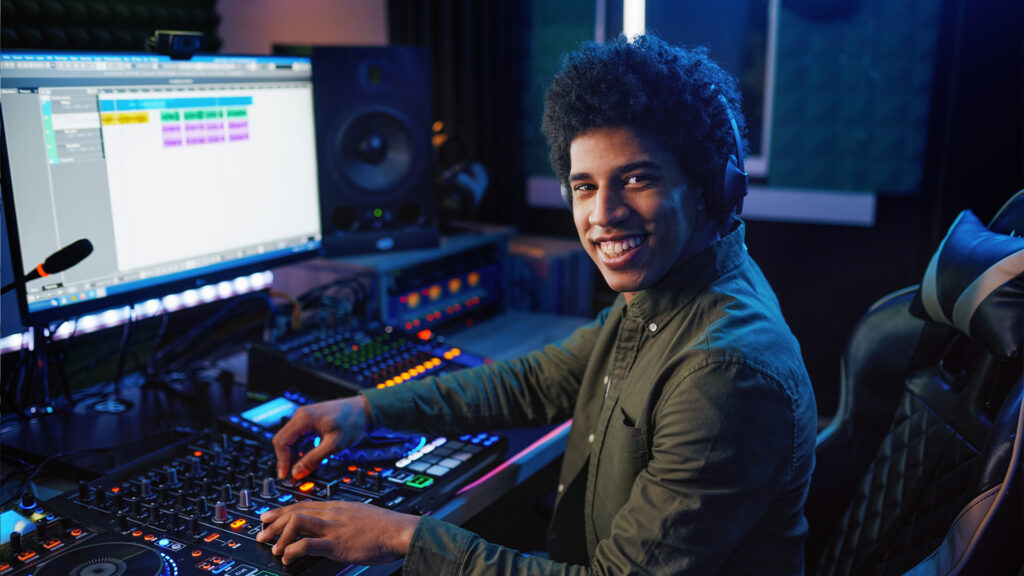How to Become a Sound Mixer

Behind every great film or television show, there’s a team of talented individuals working diligently to ensure that every sound is just right. If you have a passion for audio and a keen ear for detail, a career as a sound mixer might be your calling. In this comprehensive guide, we’ll explore the path to becoming a sound mixer and mastering the art of audio storytelling.
1. Understand the Role of a Sound Mixer
Before you embark on this journey, it’s essential to have a clear understanding of what a sound mixer does. Sound mixers are responsible for capturing, recording, and manipulating audio to create a seamless and immersive auditory experience in film, television, and other media.
2. Develop Your Passion for Sound
Passion is the driving force behind any successful career. Immerse yourself in the world of sound by watching films, TV shows, and documentaries with a critical ear. Pay attention to the use of sound and how it enhances storytelling.
3. Learn the Basics of Sound
To become a sound mixer, you need a solid foundation in audio principles. Start by learning about sound waves, frequencies, and audio equipment. Familiarize yourself with terms like microphone types, audio cables, and audio recording formats.
4. Get the Right Education
Consider enrolling in a formal audio production program or taking relevant courses. Many universities and technical schools offer programs in audio engineering and sound production. These programs can provide hands-on experience and access to industry-standard equipment.
5. Invest in Quality Equipment
As you gain knowledge and experience, consider investing in your own audio equipment. Having your gear will allow you to practice and refine your skills independently. Start with essential tools like microphones, headphones, and audio recorders.
6. Learn Recording Techniques
Mastering recording techniques is crucial for a sound mixer. Study microphone placement, gain control, and recording in different environments. Experiment with capturing clean and clear audio under various conditions.
7. Build a Portfolio
Begin building a portfolio of your work. Collaborate with local filmmakers, indie projects, or student productions to gain practical experience. A diverse portfolio showcasing your skills will be invaluable as you progress in your career.
8. Networking is Key
In the world of sound mixing, connections are vital. Attend industry events, join online forums, and network with fellow sound professionals. Building relationships with filmmakers, directors, and producers can lead to exciting opportunities.
9. Keep Learning and Updating Skills
Sound technology is constantly evolving. Stay current with industry trends and advancements in audio equipment and software. Take additional courses and workshops to expand your knowledge and skill set.
10. Pursue Internships and Entry-Level Positions
To gain entry into the industry, consider internships or entry-level positions in sound departments. These roles will provide valuable on-set experience and connections that can lead to more significant opportunities.
Becoming a sound mixer is a rewarding journey that combines technical expertise with artistic creativity. In the world of film and media production, the role of a sound mixer is indispensable for creating immersive and engaging content. As you embark on this path, remember that dedication, continuous learning, and a genuine love for sound are your greatest assets. With the right training and determination, you can become a skilled sound mixer, contributing your unique auditory perspective to the world of storytelling.
So, start listening, learning, and creating, because the world is waiting to hear your sound. Happy mixing!




